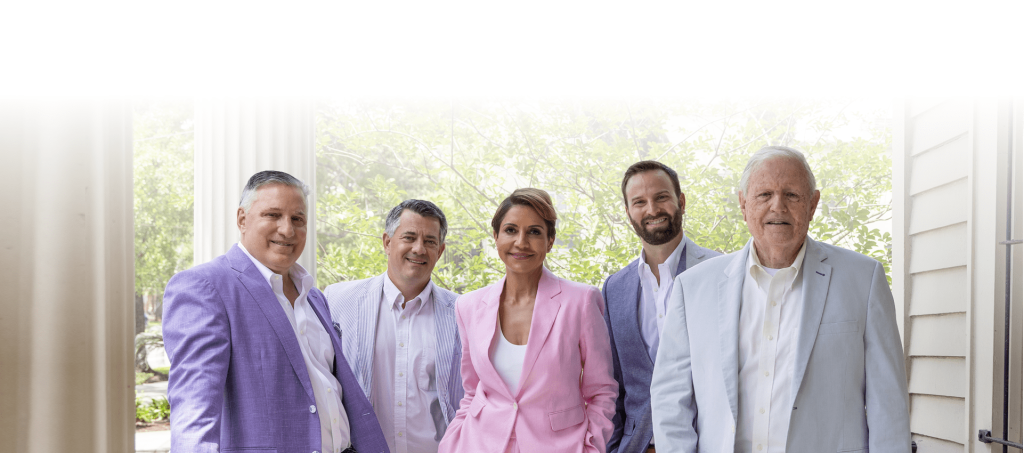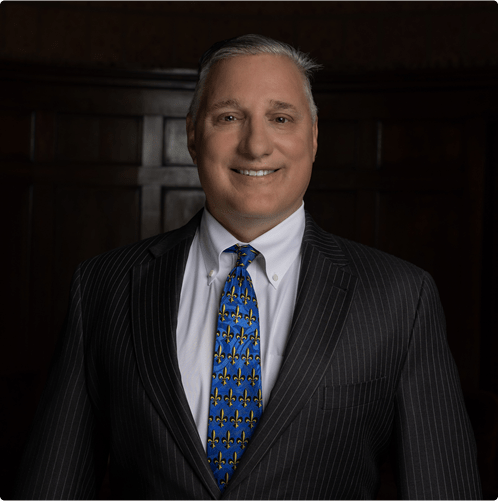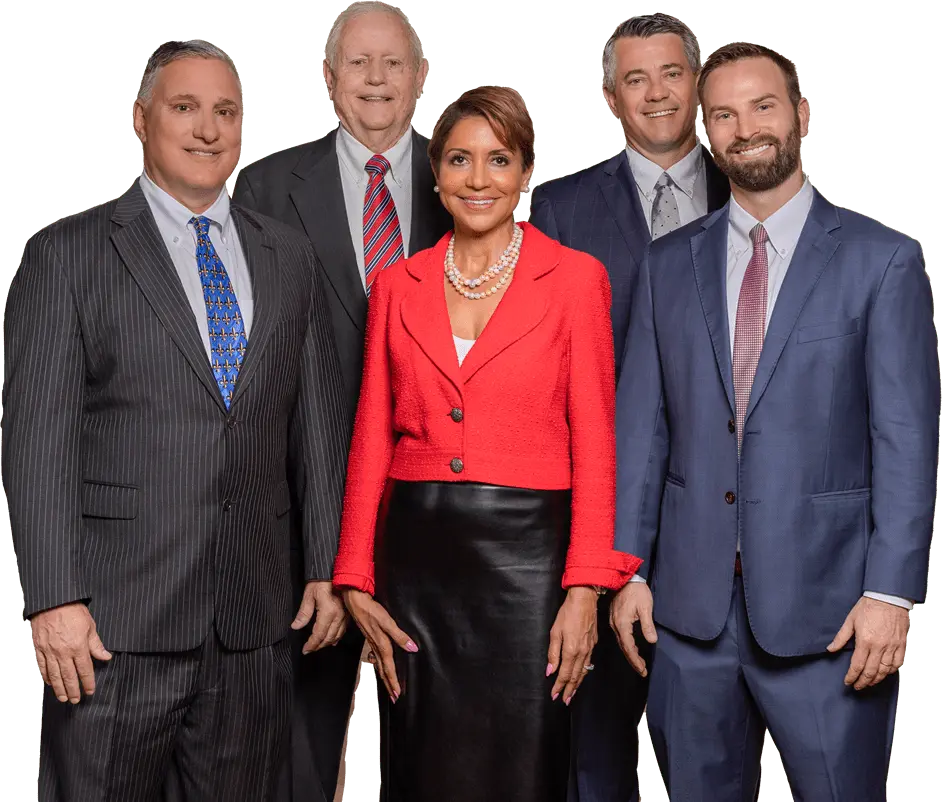In the past decade, rideshare services like Uber and Lyft have transformed the way we get around. With just a few taps on our phones, we can summon a ride from virtually anywhere. But when it comes to understanding the legal and insurance implications of rideshare vehicles, many of us are left wondering: Are rideshare cars considered commercial vehicles?
This question is especially important when accidents happen. Understanding whether rideshare vehicles are classified as commercial vehicles can significantly impact who’s responsible for damages and how insurance claims are handled. In this post, we’ll dive into this topic to help you understand your rights, what protections are available, and why working with an experienced lawyer can be crucial in rideshare accident cases.
Are Rideshare Vehicles Considered Commercial Vehicles?
A commercial vehicle is generally defined as a vehicle used for business purposes, especially for transporting goods or passengers for hire. But rideshare vehicles blur the lines between personal and commercial use. These cars are personally owned by drivers but are used for business when they are providing rides through apps like Uber or Lyft.
So, when are they considered commercial vehicles? The answer depends on timing. When a rideshare driver is actively transporting a passenger or is on their way to pick one up, their car is typically considered a commercial vehicle for legal and insurance purposes. However, if the driver is off-duty or using the car for personal reasons, it is simply a personal vehicle. This distinction can have major implications for accident claims and insurance coverage.
Insurance Coverage for Rideshare Vehicles
The type of insurance coverage available for rideshare vehicles depends on the driver’s activity at the time of the accident.
- Personal Insurance vs. Commercial Insurance: Many rideshare drivers rely on their personal car insurance for coverage when they are not actively using their vehicles for business. However, most personal insurance policies don’t cover accidents that happen while the vehicle is being used for commercial purposes. That’s where rideshare company insurance comes into play.
- Rideshare Company Coverage: Uber and Lyft both offer a $1 million liability policy to cover accidents that occur while a driver is on the clock. This coverage kicks in when a driver is actively transporting a passenger or on their way to pick one up. If an accident occurs during these times, the company’s commercial insurance policy will likely cover damages for injuries and property damage.
- Third-Party Liability: If you are a passenger in a rideshare vehicle, a pedestrian, or the driver or passenger of another car involved in an accident with a rideshare vehicle, the rideshare company’s insurance policy may cover your damages, depending on the circumstances.

Common Causes of Rideshare Accidents
Like any other driver, rideshare drivers face the same road risks as the rest of us. Some of the most common causes of rideshare accidents include:
- Distracted Driving: Rideshare drivers often rely on their phones to navigate, receive ride requests, and communicate with passengers. This can easily lead to distractions that cause accidents.
- Fatigue: Many rideshare drivers work long shifts, sometimes late into the night, which can lead to fatigue and slower reaction times.
- Speeding: Rideshare drivers, particularly those in urban areas, may feel pressure to complete trips quickly to earn more money. This can lead to speeding and reckless driving.
- Road Conditions: Like any driver, rideshare drivers can be affected by poor weather, slippery roads, or uneven pavement.
- Inexperience: Some rideshare drivers may not have much experience driving in certain areas, which can contribute to accidents.
Who Is Liable in a Rideshare Accident?
Determining who is liable in a rideshare accident can be complicated because multiple parties could potentially share responsibility.
- Rideshare Driver: If the rideshare driver is at fault for the accident, they could be personally liable, especially if they were off-duty at the time. However, if they were actively driving for a rideshare service, the company’s insurance policy would likely cover the damages.
- Rideshare Company: Uber, Lyft, and other rideshare companies typically aren’t directly responsible for accidents because their drivers are considered independent contractors. However, the company’s insurance coverage will still apply if the accident happened while the driver was working.
- Other Drivers or Pedestrians: In some cases, the driver of another vehicle or a pedestrian may be at fault for an accident involving a rideshare vehicle. Liability in these cases depends on the specifics of the incident, and it’s often necessary to determine who broke traffic laws or was otherwise negligent.
Steps to Take After a Rideshare Accident
If you’ve been involved in an accident with a rideshare vehicle, there are a few important steps you should take:
- Document the Scene: Take photos of the vehicles, any visible damage, and the surrounding area. Get the contact information of everyone involved, including the rideshare driver, passengers, and witnesses.
- Report the Accident: Notify the rideshare company about the accident. Both Uber and Lyft have in-app options to report accidents. You’ll also need to contact your insurance provider if you were a passenger or driver in another vehicle.
- Seek Legal Assistance: Rideshare accident cases can be complex, particularly when it comes to determining liability and navigating insurance claims. Working with an experienced rideshare accident lawyer can help ensure that you receive the compensation you deserve.

What Damages Can You Recover After a Rideshare Accident?
After a rideshare accident, you may be entitled to recover several types of damages:
- Medical Expenses: This includes costs for emergency care, hospitalization, follow-up treatment, and any rehabilitation services needed.
- Lost Wages and Income: If your injuries prevent you from working, you may be entitled to recover lost wages as well as compensation for future lost earning potential.
- Property Damage: If your vehicle was damaged in the accident, you can seek compensation for repair costs or replacement.
- Pain and Suffering: In addition to economic damages, you may be able to recover compensation for physical pain, emotional distress, and reduced quality of life.
Why Work with an Experienced Rideshare Accident Lawyer?
Rideshare accident cases can be complicated. The fact that multiple parties are often involved, combined with varying state laws and insurance regulations, makes it difficult for accident victims to navigate the claims process alone.

Working with a skilled attorney can help you understand your legal rights, determine who is liable, and negotiate with insurance companies to get the compensation you deserve. At Charbonnet Law Firm, our attorneys have nearly a century of combined experience in personal injury law, and we’re ready to help you recover from your accident.
Conclusion
Rideshare accidents are becoming more common as services like Uber and Lyft continue to grow. Understanding whether a rideshare car is considered a commercial vehicle is essential in determining liability and insurance coverage in the event of an accident. If you’ve been injured in a rideshare accident, don’t hesitate to reach out for legal help.
Contact Charbonnet Law Firm today to schedule a free consultation and learn how we can assist you in getting the compensation you need to move forward.





